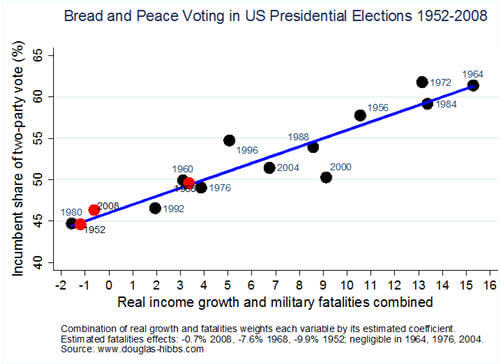[Posted by Karl]
The kerfuffle over Newt Gingrich’s status as a Reagan Republican will be a footnote to the 2012 campaign at most. But that does not mean we cannot learn from it.
On the surface, this is a silly issue. Last week, Mitt Romney was painting Gingrich as a minor figure of the Reagan revolution. This week ended with the following exchange during the CNN debate:
Wolf Blitzer: Governor Romney, you criticized Speaker Gingrich for not being as close to Ronald Reagan as he says he was. When you ran for the Senate, you said you were, quote, “You weren’t trying to return to Reagan-Bush.”
So the question is, do you think you can claim the Reagan mantle more than Speaker Gingrich?
Romney: Oh, of course not. ***
Romney then recited his biography, selectively omitting the 1994 Senate race which occasioned Mitt’s remark distancing himself from Reagan-Bush (a ticket which won Massachusetts twice). It’s an answer which tells the observant that Team Romney figured out this was a dumb line of attack (Newt can be unconservative, but Romney is not going to win an argument about Reagan). It also tells the observant that even after fumbling Mitt’s money issues, Team Romney was still capable of not recognizing that their attack would backfire in the first instance (Newt also launches attacks that boomerang, but Mitt is the one with the supposedly superior staff and organization).
While Team Romney was figuring this out, a scrum of conservative punditry ensued. Notably, Elliott Abrams (an assistant secretary of state under Reagan) attacked Gingrich for not having been sufficiently supportive of Reagan’s foreign policy. Jeffrey Lord (a former Reagan White House political director) defended Gingrich as one of Reagan’s best lieutenants, including the story of how Newt helped keep a firm line against tax increases in the 1984 platform against the likes of Bob Dole and Lowell Weicker. Lord later claimed that Abrams had never complained about Gingrich at the time and distorted Gingrich’s comments on Reagan’s foreign policy. Rich Lowry then went after Lord for smearing Abrams as jockeying for a job in a Romney administration and for providing only partial context of Gingrich’s foreign policy remarks.
So far, it appears that Lowry is correct that Lord has no evidence that Abrams was sucking up to Team Romney for a job. Moreover, the Abrams piece could easily have been a simple act of score-settling. I would not be surprised if Abrams and others in the Reagan administration were less than thrilled at Gingrich’s criticism at the time and feel vindicated by history (although history is not a controlled experiment, thus precluding a definitive judgment on the matter). However, Lord correctly notes (as does Reagan biographer Steven Hayward) that Gingrich was hardly a lone critic of Reagan’s foreign policy at the time in question. Newt cited George Will, Charles Krauthammer, Irving Kristol, and Jeane Kirkpatrick in his speech, while Hayward lists others, including Howard Phillips, Jack Kemp, George Will and William Safire.
The scrum demonstrates why Team Romney is running from the subject. The record tends to show that Gingrich backed Reagan on key issues and when he did critique the administration, he did so from the right. “More right-wing than Reagan in the ’80s” is not the frame Romney wants for Gingrich.
What can we learn from this episode (beyond the fact that Team Romney still has some bugs to work out)?
The reason that the right would spend a week discussing Gingrich’s connection to Reagan legacy is a testament to how much Reagan shaped the conservative movement and today’s GOP. By holding Reagan up as the ideal, he and his administration have become idealized — and it would serve us all well to be more clear-eyed about history here.
This episode is a timely reminder that the Reagan GOP was an occasionally fractious coalition. To moderates, Reaganomics was voodoo, while Reagan’s confrontational foreign policy seemed unconservative. Reagan was a politician who pushed the envelope… but his coalition also contained those who wanted to push it further.
It should be remembered that Reagan got to elected president as the result of many factors. He had experience running for president. He was an able and charismatic performer as a candidate, capable of disarming his critics with a down-to-earth chuckle as easily as a pointed barb. Stagflation had exposed the flaws of Keynesian economics. Iran and the Soviet Union exposed the impotence of Jimmy Carter’s foreign policy. Reagan’s election was as close to a perfect storm as one is likely to find in politics.
This year, the GOP remains a fractious coalition, but its candidate will be no Ronald Reagan. (Occasionally, Ronald Reagan was no Ronald Reagan.) Moreover, if America is lucky, the economy and state of the world will not make Barack Obama look as bad as Jimmy Carter. It is by those parameters that GOP primary voters should be making their choice, rather than hoping a perfect storm rolls in.
–Karl



